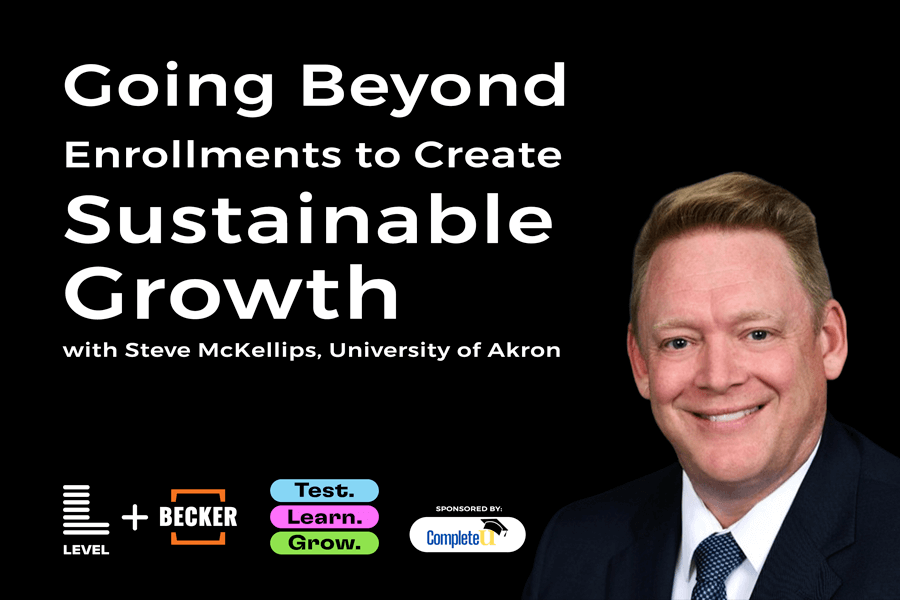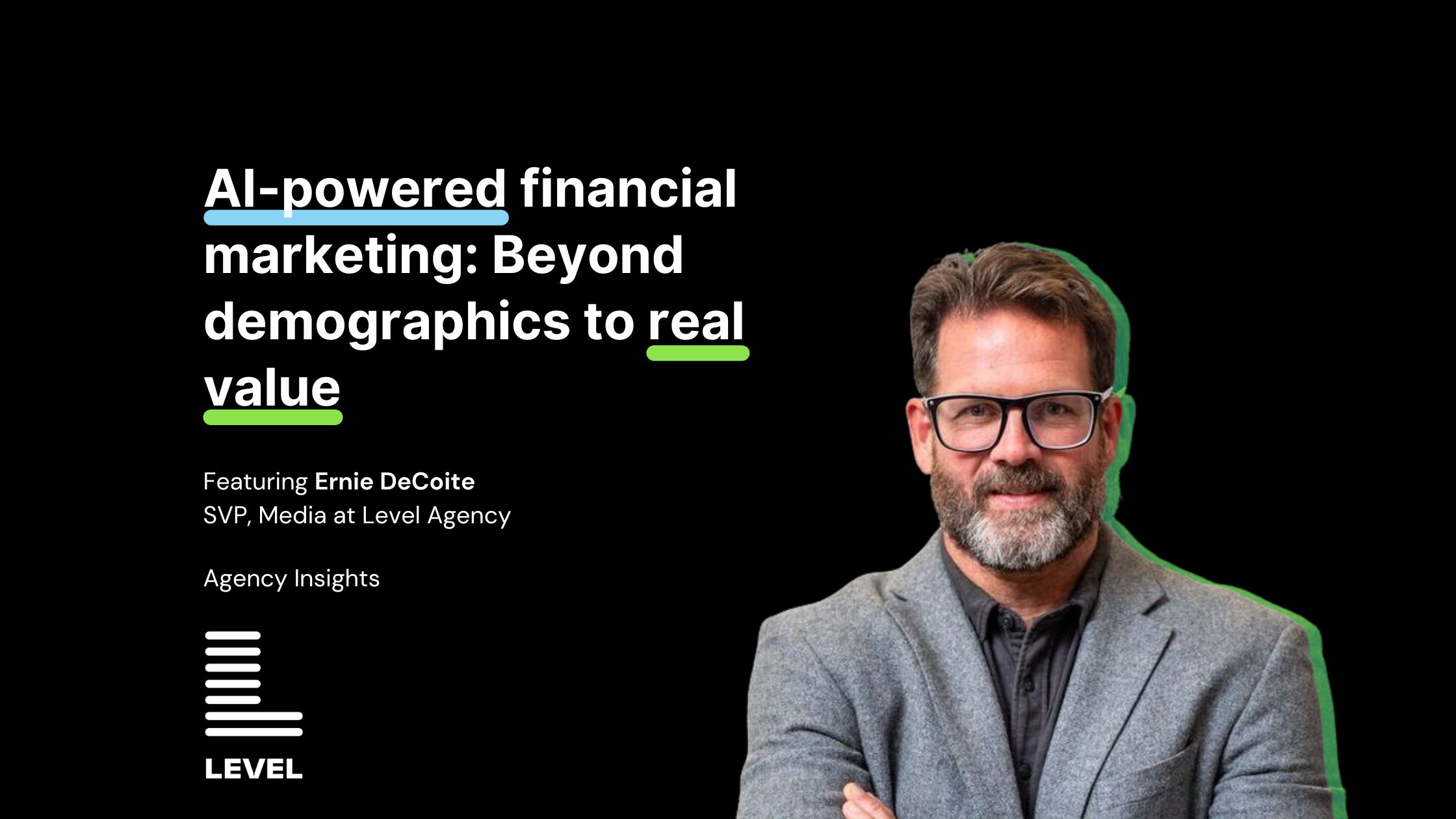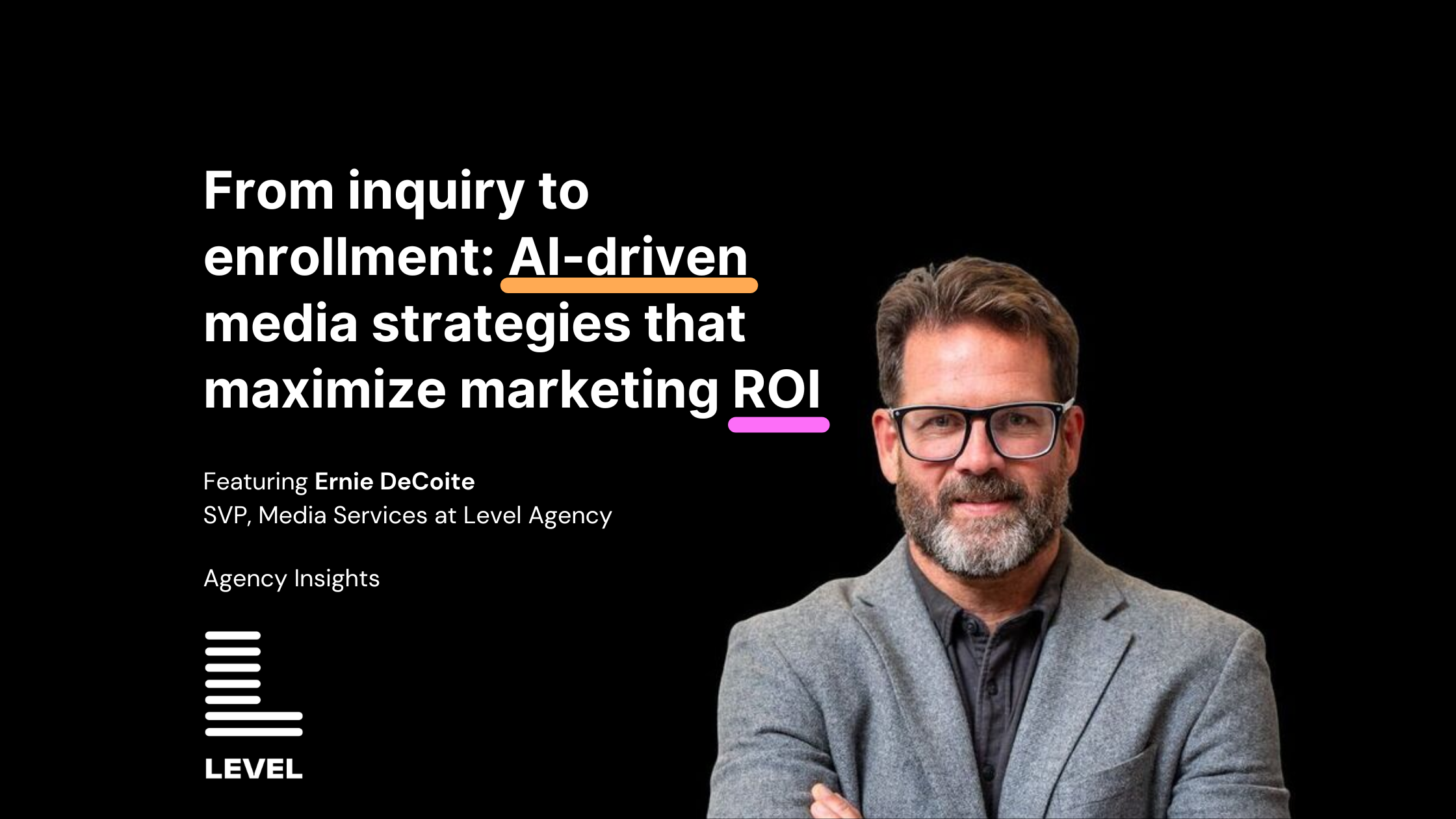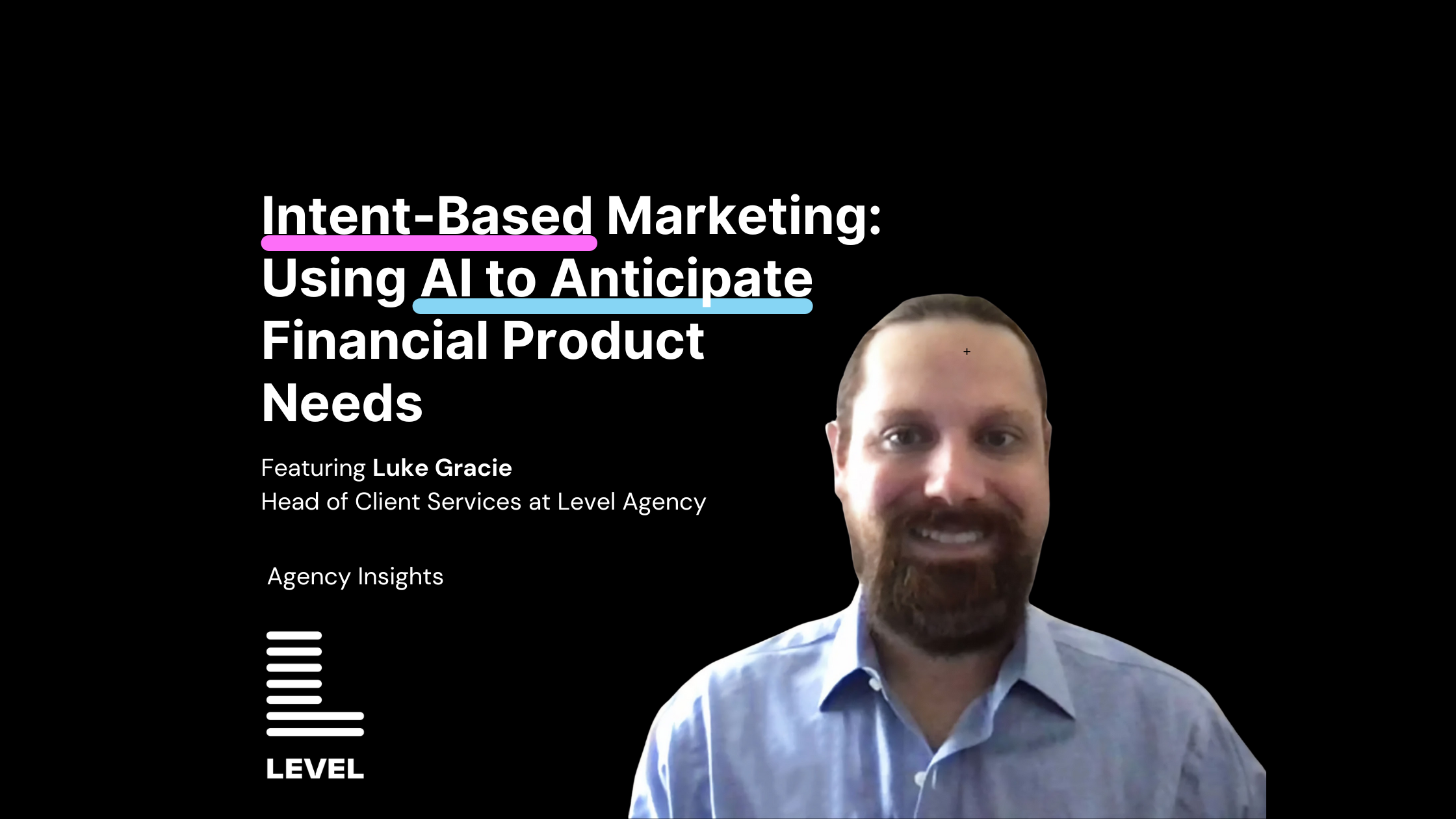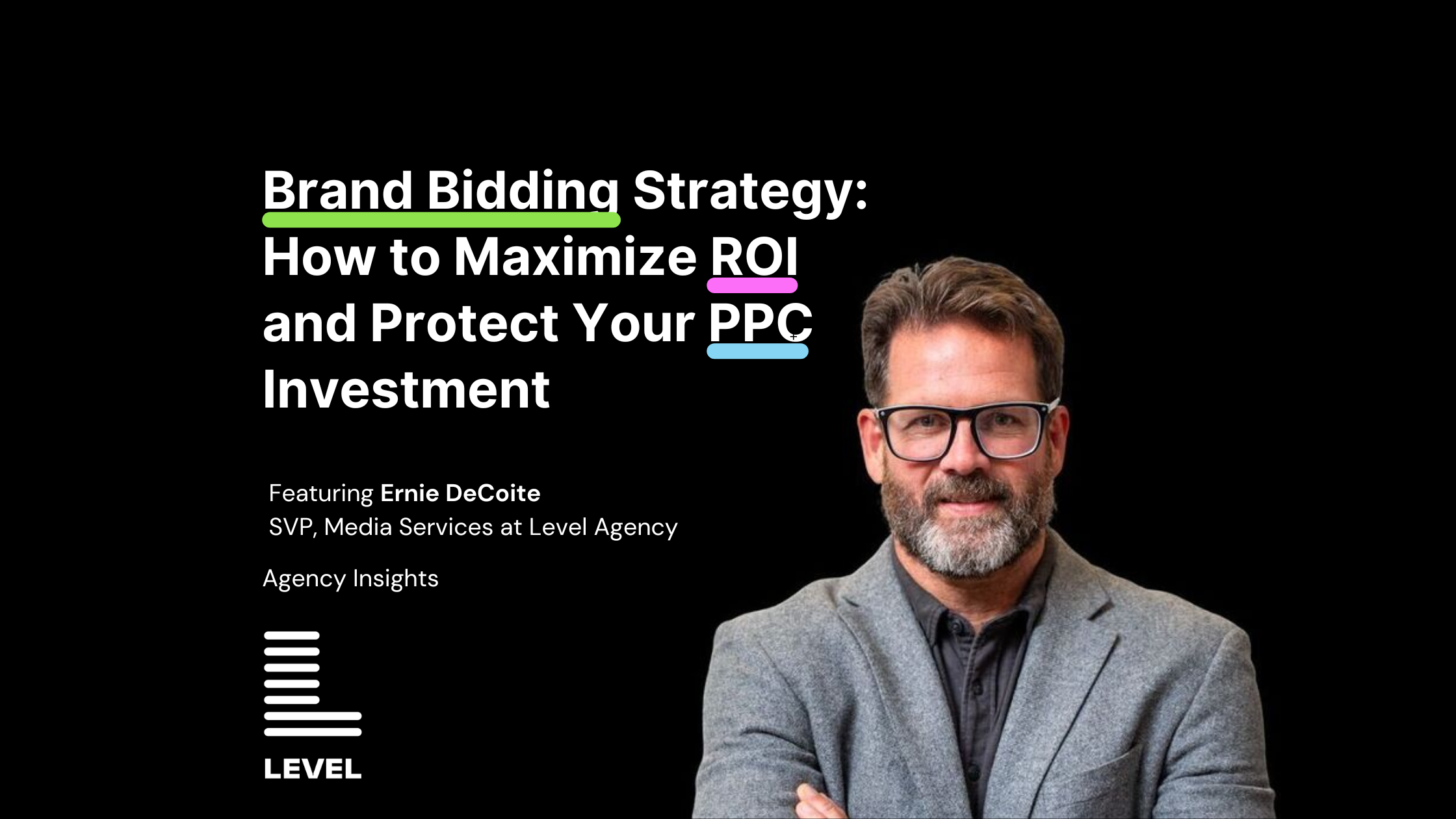Facing the Enrollment Cliff: Lessons in Sustainable Growth
Higher education faces an unprecedented enrollment crisis. The number of high school graduates in the U.S. is projected to decline steeply over the next decade due to falling birth rates after the 2008-09 recession. This tightening market coincides with years of state funding cuts, rising tuition dependence, and increased competition for students. Regional public institutions feel these headwinds most acutely as budgets strain. After expanding for decades, over dozens of small colleges closed or merged in the last 10 years alone.
At larger schools like the University of Akron, these forces create an urgent need for sustainable business models and new ways of thinking. We recently sat down with Stephen McKellips, the Vice Provost of Enrollment Management at the University of Akron to discuss responses to these trends. Dr. McKellips, along with his administration, offers a clear-eyed view of the challenges ahead, along with a willingness to dig into data and ask hard questions until he understands the real problems his institution faces. We talked about his efforts to stabilize Akron’s enrollment, the decisions institutions make today around budgets, affordability, student experience, and community engagement will determine their viability in the years ahead. What happens at schools like Akron signals the future for an industry in flux, making this a relevant case for all of higher education.
It’s a Revenue Challenge, Not an Enrollment Challenge
Institutions often view lagging enrollment as a growth problem, pursuing blunt “get more students” strategies. For McKellips, this realization led to necessary conversations. He pressed his administration, “Do you have a revenue problem or a headcount problem?” With clarity that revenue drove their challenge, his team achieved more with existing student populations. As mounting industry pressures strain tuition-dependent models, truth-telling around finances is essential.
Public Education, Private School Mindset
When it comes to revenue and accounting, public institutions have not always taken the same approach as private colleges, who track revenue and expenditures with care. With states providing a shrinking share, publics must embrace their own tuition dependence. As McKellips argues, “If we’re tuition dependent for our existence, we are private schools.” This means modeling the same customer service ethic and close financial management that private institutions adopt out of necessity.
Lean Into Your Community
Regional institutions like University of Akron serve, and are served by, their local communities. But McKellips realized, “We’ve kind of let ourselves just be known for serving that community and not necessarily leaning into it.” Akron rebounded in part by re-forging campus-community ties for mutual benefit, lifting both up together. This ethic echoes back to higher education’s earliest days as an anchor institution and engine of social mobility.
For regional institutions like University of Akron, the path forward lies in truth-telling around challenges, while reconnecting to institutional missions focused on student success. Though the enrollment cliff looms large, McKellips offers hope: “Once those are behind us…there’s really going to be a shift.” For the first time in years, their admissions realized a net positive enrollment number, a sign that their strategy shift is working. The decisions institutions make today around where they invest and who they serve will determine what future takes shape on the other side.
If your school is looking for a new approach, explore how we can help take your plans and turn them into strategy.
